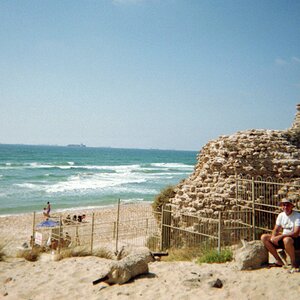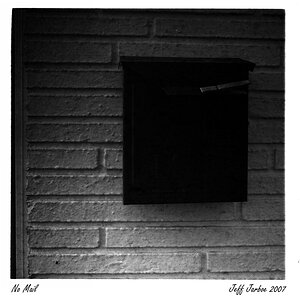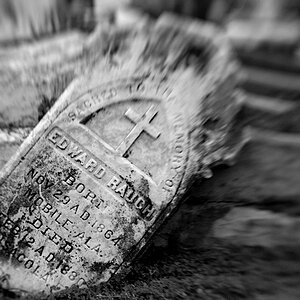CRman
TPF Noob!
- Joined
- Nov 13, 2007
- Messages
- 79
- Reaction score
- 0
- Location
- Jacksonville FL
- Can others edit my Photos
- Photos OK to edit
Ok, After shooting a few cameras, I decided on buying the Nikon D80. I comes with a Nikkor 18-55 af lens and a Nikkor 55-200 f4-5.6 ED-IF AF-S VR lens.
What eles to add? I know these are prolly crp kit lenes so I know I will need better. I am looking at the Sigma 10-20 D EX DCHSM for my lanscape and a nikoor 50 mm 1.4 and 1.8 (either) I dont know the difference (still reading up). I'd like to find a good 18-300 or 28 300... Any sugestions?
As you can tell, I am brand new to the DSLR world. I have some books and open to suggestions on further reading. The real experience will come from just going out and shooting, and recording what each shoot was and so forth.
So, if you can offer advice to a newbie I greatly appreciate it. Thanks in advance!
Marc
What eles to add? I know these are prolly crp kit lenes so I know I will need better. I am looking at the Sigma 10-20 D EX DCHSM for my lanscape and a nikoor 50 mm 1.4 and 1.8 (either) I dont know the difference (still reading up). I'd like to find a good 18-300 or 28 300... Any sugestions?
As you can tell, I am brand new to the DSLR world. I have some books and open to suggestions on further reading. The real experience will come from just going out and shooting, and recording what each shoot was and so forth.
So, if you can offer advice to a newbie I greatly appreciate it. Thanks in advance!
Marc


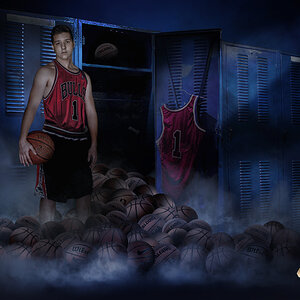
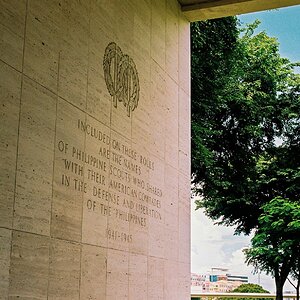
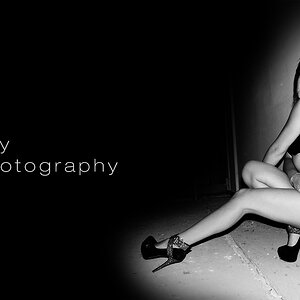
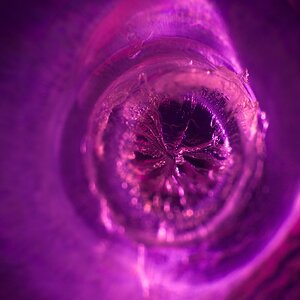
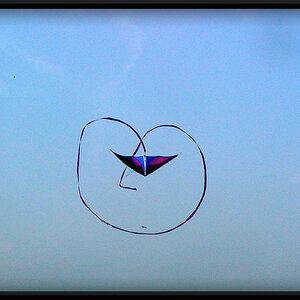

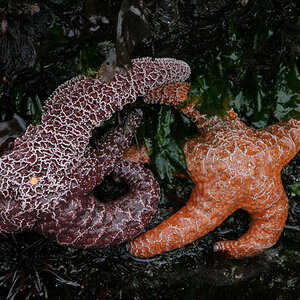
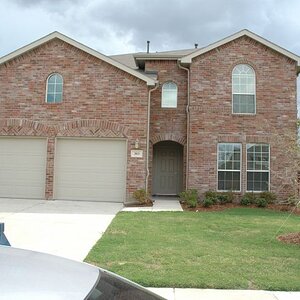
![[No title]](/data/xfmg/thumbnail/38/38748-ed31bfa7e0ad498ba3aa5dfbf3666f8d.jpg?1619738704)
